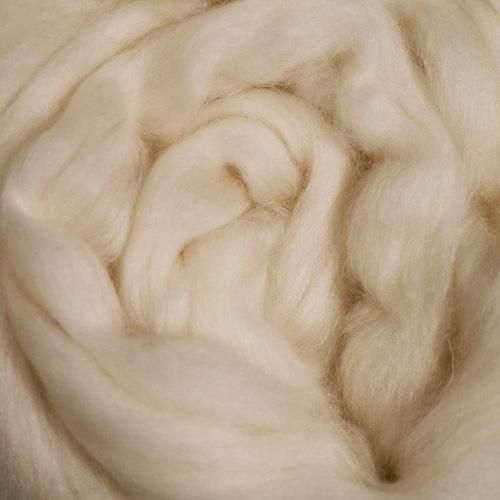How is cashmere Fibre Made and Why Is It So Sought After?
How is cashmere Fibre Made and Why Is It So Sought After?
Blog Article
Recognizing the Different Kinds of Cashmere an All-natural Fiber and Their Distinct Advantages

The Beginnings of Cashmere: A Historic Summary
While the lavish touch of cashmere proceeds to charm modern consumers, its origins trace back to the rough, cold climates of Mongolia and the Himalayas. For centuries, the indigenous individuals of these regions have been elevating Capra Hircus goats, the prime resource of cashmere woollen. These goats, resistant versus the extreme winters months, expanded a great undercoat to endure, which later on ended up being understood as cashmere.

The Manufacturing Process: From Goat to Garment
Shearing a Capra Hircus goat marks the beginning of the elaborate cashmere manufacturing procedure. This delicate procedure commonly occurs annually throughout springtime. The fine, soft undercoat is then separated from the coarser external hair, a procedure referred to as dehairing. The resultant raw cashmere is then washed to eliminate contaminations such as grease, dust, and veggie issue.
The clean fiber goes through coloring, spinning, and weaving, or knitting, to transform it into a material. Complicated treatments like quality assurance checks and completing procedures comply with, making certain completion item keeps the lavish criterion anticipated of cashmere. This meticulous process, from goat to garment, justifies the high expense connected to cashmere products, making them a symbol of deluxe and improvement.
The Various Kinds Of Cashmere: An In-depth Evaluation

The Distinct Benefits of Cashmere: Convenience and Sustainability
Relocating from the selection of cashmere types to the benefits they use, comfort and sustainability stand out prominently. Cashmere, an all-natural fiber, is renowned for its unrivaled softness, giving a degree of comfort that synthetic fibers can't match. The material's agility, yet impressive heat retention, makes it ideal for all periods. go to the website Cashmere's all-natural elasticity enables it to return to its original form, making it resistant to shrinking or stretching.
When it concerns sustainability, cashmere is eco-friendly and biodegradable, as it's collected from cashmere goats who regrow their layers every year. what is cashmere. Unlike synthetic fibers which can take hundreds of years to decay, cashmere's effect on the setting is minimal. This mix of comfort and sustainability makes cashmere a useful choice dig this for conscious customers

Taking Care Of Your Cashmere: Maintenance and Preservation Tips
While cashmere is certainly a sustainable and lavish option, it calls for details like preserve its quality and extend its life expectancy. To start, cashmere ought to be hand cleaned making use of chilly water and a mild detergent. Avoid wringing the garment or turning as it can damage the fibers. Rather, carefully squeeze out excess water and lay it level on a towel to completely dry. In addition, cashmere products should be kept in a cool and completely dry place, away from straight sunlight and dampness. Utilizing moth repellents can safeguard these garments from potential damages. It's a good idea to prevent hanging cashmere to protect against extending. Instead, fold and store them appropriately to maintain their form and quality gradually.
Purchasing Cashmere: Recognizing Its Value and Well Worth
Although cashmere might at first appear like a pricey investment, its lasting value and worth come to be obvious when you consider its remarkable top qualities. Known for its unequaled soft qualities and heat, cashmere is a costs all-natural fiber that surpasses other materials. Investing in cashmere, for that reason, is not just about present style fads, however regarding embracing a lasting, long-lasting, and glamorous lifestyle.
Final Thought
In recap, the type of cashmere one chooses, be it Mongolian, Chinese, or Italian, is determined by specific preferences for warmth, luxury, budget plan, and sustainability. Comprehending the origins, manufacturing procedure, and unique benefits of different types of cashmere can lead customers in their investment in this glamorous all-natural fiber.
Whether it's the outstanding warmth of Mongolian cashmere, the price of Chinese cashmere, or the eco-conscious production of Italian cashmere, there's a story to be their website uncovered behind each fiber type. Cashmere, a natural fiber, is renowned for its unrivaled soft qualities, offering a level of convenience that synthetic fibers can't match.When it comes to sustainability, cashmere is eco-friendly and sustainable, as it's harvested from cashmere goats that regrow their coats each year. Known for its unequaled softness and heat, cashmere is a costs all-natural fiber that surpasses various other materials. Recognizing the beginnings, manufacturing process, and distinct benefits of various kinds of cashmere can lead consumers in their financial investment in this glamorous all-natural fiber.
Report this page